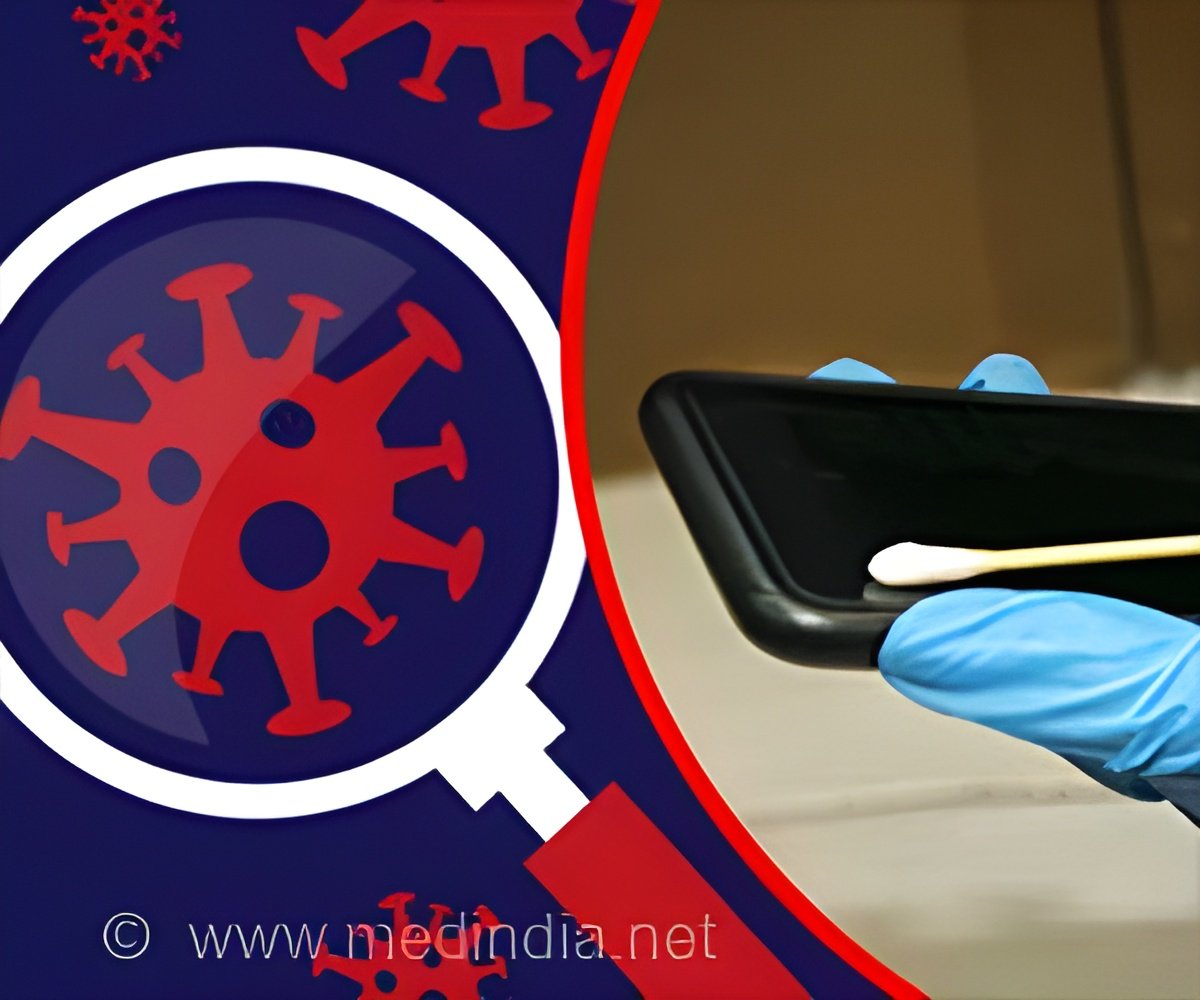Carolina researchers design rapid sensing COVID-19 test to meet the challenge of tracking variants and global disease containment.

The test is inspired by the natural biology of epithelial cells that are targeted and infiltrated by SARS-CoV-2, the virus that causes COVID-19. These cells are coated with a dense matrix of sugars called the glycocalyx, and it’s this sugar net that the virus exploits to cause infection.
A droplet of biofluid containing the virus, such as saliva, is placed on one end of the strip and flows along the surface. When the fluid reaches a sugar-coated patch, the virus can’t help but indulge its sweet tooth, becoming trapped in that specific area.
This capture is then signaled by antibodies treated with gold nanoparticles producing a visual color that indicates infection.
“We tapped into nature to reimagine viral diagnostics,” said Freeman, co-corresponding author of the paper and associate professor of applied physical sciences and biomedical engineering in the UNC-Chapel Hill College of Arts & Sciences.
Researchers then developed computationally intensive simulations that helped explain the mechanics behind how and why the cell-anchored sugars bind the viral spikes.
Advertisement
One of the greatest challenges of the ongoing COVID-19 pandemic has been responding to the virus’ mutations and emerging variants. New tests must be developed for new tweaks in the virus’ genetic code.
Advertisement
Source-Medindia















